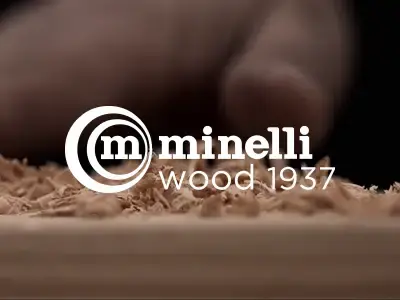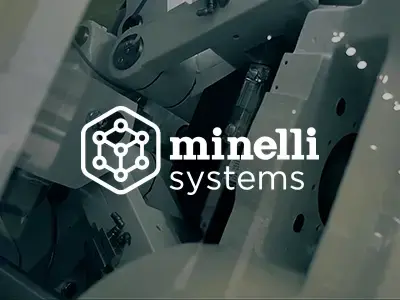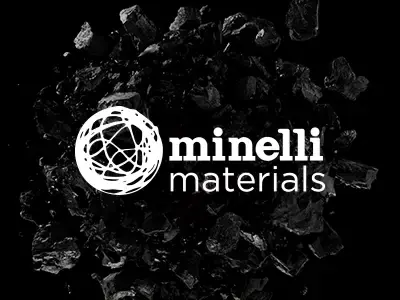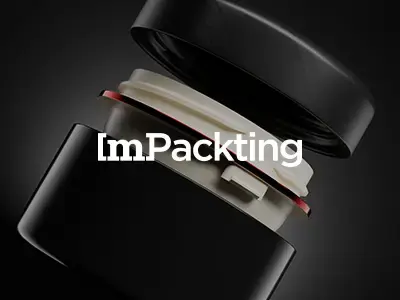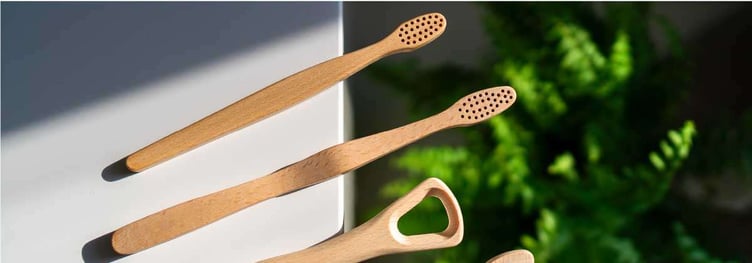 In consumers’ relentless pursuit of sustainability, they often turn to natural alternatives in various aspects of their daily lives, seeking a harmonious balance with nature. The oral care industry is no exception. With the growing awareness of environmental issues, there has been a significant shift towards eco-friendly products.
In consumers’ relentless pursuit of sustainability, they often turn to natural alternatives in various aspects of their daily lives, seeking a harmonious balance with nature. The oral care industry is no exception. With the growing awareness of environmental issues, there has been a significant shift towards eco-friendly products.
But is this shift as green as it seems? In this article, we will delve into the heart of sustainability within the oral care sector, focusing particularly on wooden oral care products.
Wooden oral care products: tackling plastic waste in oral care
The war against plastic waste has opened a new front in the realm of oral care. Every year, millions of plastic toothbrushes and oral hygiene products end up in landfills and oceans, contributing to the ever-growing environmental crisis. This predicament necessitates a critical examination of our daily habits, particularly the products used for oral care.
Consumers are increasingly leaning towards alternatives that promise a lower environmental footprint. However, the journey towards true sustainability is complex and demands a nuanced understanding of the materials and processes involved.
In this context, wooden oral care products have emerged as a popular choice. But are they the definitive answer to our sustainability challenges? Let’s discuss it.
The plight of plastic in the oral care industry
The industry's reliance on plastic is pervasive, ranging from toothbrush handles to toothpaste tubes, dental floss containers, and mouthwash bottles. This reliance contributes significantly to global plastic waste, exacerbating an already dire environmental crisis.
Consider the lifecycle of a typical plastic toothbrush. It begins as a fossil fuel, extracted, and processed into plastic. From there, it's manufactured, packaged (often in additional plastic), and shipped globally. After a few months of use, it's discarded, only to persist in the environment for centuries. These toothbrushes, along with other plastic oral care products, often end up in landfills or, worse, in natural habitats. There, they break down into microplastics, which are consumed by wildlife and enter our food chain, posing health risks to animals and humans alike.
The statistics are staggering. Beyond the one billion toothbrushes discarded annually in the U.S., the global numbers are even more alarming. According to the World Economic Forum, the entire world could be discarding around 3.6 billion plastic toothbrushes every year. Each of these toothbrushes takes over 400 years to degrade, creating a long-lasting impact on the environment.
The impact on marine life is particularly concerning. Plastics from oral care products contribute to the great patches of garbage floating in our oceans, like the Great Pacific Garbage Patch. Marine animals often mistake these plastics for food, leading to ingestion and entanglement. The consequences are fatal and contribute to the declining health of marine ecosystems.
This scenario paints a bleak picture of the oral care industry's environmental footprint. It underscores the urgent need for a paradigm shift towards sustainability. While individual actions, like choosing more eco-friendly products, are crucial, there's also a need for systemic change. This includes industry-wide adoption of more sustainable materials, better recycling practices, and innovations in product design that reduce waste.
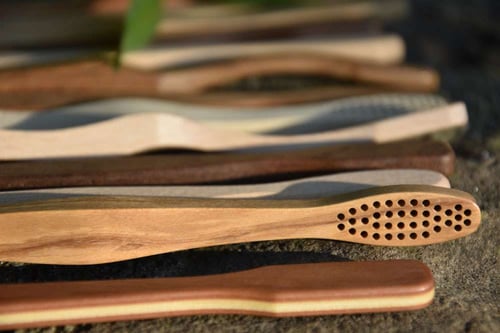
Embracing wooden oral care products alternatives
In light of the environmental impact of plastic waste, the shift towards wooden oral care products seems like a natural progression. Wood, being a biodegradable and renewable resource, offers a greener alternative to traditional plastic. Wooden toothbrushes , for example, can significantly reduce the carbon footprint associated with oral hygiene. Unlike plastic, wood decomposes relatively quickly and does not contribute to long-term pollution. Furthermore, wood possesses inherent antibacterial properties, making it a hygienic choice for oral care products. This transition to wooden products not only helps in reducing plastic waste but also aligns with the broader goal of sustainable living.
However, simply choosing wooden oral care products is not the solution. The sustainability of these products is heavily contingent upon the practices of the wood manufacturing companies. It's vital to ensure that the wood used is sourced from sustainably managed forests. This means adhering to practices that do not lead to deforestation or harm to biodiversity. Companies committed to a 360-degree approach to sustainability take into account every aspect of production – from ethical sourcing and environmentally friendly manufacturing processes to sustainable packaging and fair labor practices.
In Minelli, we can guarantee the highest quality levels thanks to our decennial experience in wood manufacturing, our team of experienced specialists, and our custom-made CNC machines and sophisticated tools.
Since 1937, our company has ensured perfection in the quality and design of each product manufactured, and its experienced specialists serve customers in the best way possible, following rigorous processes and environmental sustainability.
If you have a project in mind, don’t hesitate to contact us! Our experts will be glad to evaluate your plan and help shape your idea.
